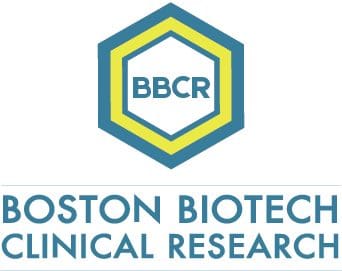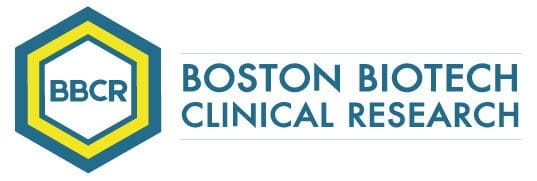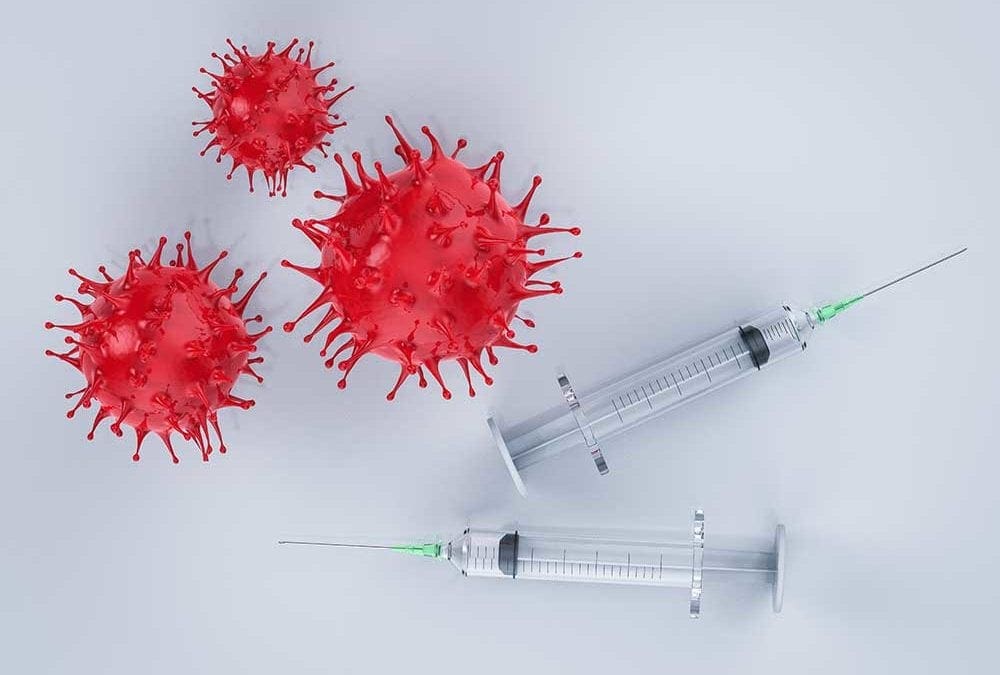Four vaccine candidates—two in the US, one in China, and one in the UK—have been approved for early testing in people. Many others are also following.
Researchers look to messenger RNA encased in nanoparticles, DNA plasmids, molecular clamps, and other approaches as they rush to design a vaccine against the new coronavirus.
Inovio to develop a DNA-based vaccine for Middle East Respiratory Syndrome (MERS), which is caused by a coronavirus. Moderna, a biotech company based in Cambridge, MA, for the development of an mRNA-based vaccine.
But …no one can really be sure what will work.
There are many unknowns this early in the game. In terms of choosing which viral proteins will produce the best immune response. Another challenge to vaccine development is that the degree of immune response can vary, and it’s not always clear what type of immune reaction will benefit people during infections.
Because little is known about COVID-19, it’s not clear yet what readouts will best predict vaccine success. How the early candidates will perform, which will be advanced to later stages of clinical development, what safety issues might arise, and how a successful vaccine will be mass produced are among the questions that are now getting attention and funding.
Finally, it’s not predictable whether the novel coronavirus will spread even further, fade away as SARS did, or perhaps become seasonal like the flu.

Specializing in rare disease, Boston Biotech Clinical Research works with biotech, pharmaceutical, device companies and investors to streamline the clinical trial process. Our experienced team helps each client reach their specific goals by customizing a clinical and regulatory road map of simplified programs and streamlined protocols to meet our clients’ requirements.

